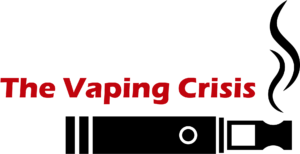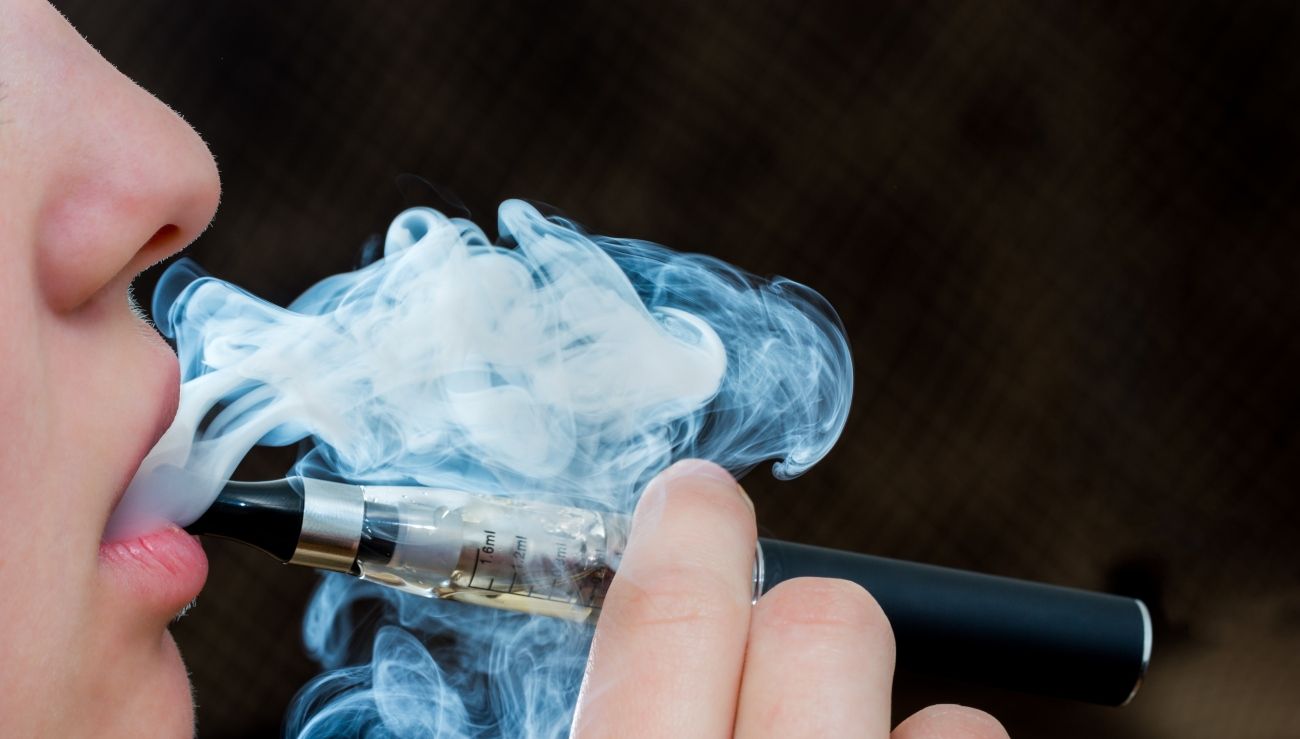In the wake of the recent vaping crisis that’s sickened more than 2,000 people and killed dozens more, vape makers and retailers are using a variety of strategies to ease consumer concerns and shore up sagging sales.
In particular, marijuana vape manufacturers and dispensaries are:
- Posting signs in stores and training in-store staff to help consumers understand why they should purchase vape products from licensed retailers to ensure they are tested, safe and free from harmful additives.
- Holding brand days, during which vaporizer company representatives meet directly with consumers to discuss their products and allow people to ask questions about the vaping health crisis.
- Offering apps that consumers can download to smartphones to gain access to vaping stories, blog posts and research.
The declines have been particularly sharp in Colorado, according to Seattle-based data analytics company Headset: Vape’s share in that state stood at 19.4% in July, falling to 14.3% by October – a 26% decline in total share.
In-store options
The responses by marijuana vape companies and retailers have varied.
Los Angeles-based Project Cannabis, a vertically integrated marijuana company, displays a letter on the counters in each of its four dispensaries that explains to customers:
“California’s regulated cannabis and cannabis products are rigorously tested for residuals, toxins, solvents, pesticides and heavy metals above and beyond the testing required for any other manufactured product sold in California.
“While investigations are ongoing and a cause has not yet been identified, it is important to note that no cannabis vaping products purchased at licensed cannabis businesses have been linked to these illnesses in California.”
Project Cannabis Chief Operating Officer Cameron Smith said when the vaping issue surfaced, the company immediately instructed its vendors to forward testing results on all vape brands the company carries in its stores.
It also trained its store associates to ask customers which brands they have purchased elsewhere and request to allow the company to inspect devices and packaging in an effort to identify illegal or counterfeit brands.
“Most consumers who are buying these products don’t realize that they’re shopping in illegal shops,” Smith said. “There are some very compelling counterfeit products out there, (and) they look like the real thing.”
Using brand days to offer consumer vape information
Irvine, California-based Orchid Essentials and Denver-based Gofire participate in brand days with their dispensary partners to educate consumers about their vape products – including safety concerns related to the health crisis.
“We ask them questions like, ‘Do you vape, or what’s your preferred consumption method for cannabis?’” said Orchid Essentials CEO and co-founder Corey Mangold, who has participated in more than 100 brand days. “In-store is how to get the message out.”
Vape science lessons and testing efforts
In addition to brand days, Orchid Essentials has built its education program around the emissions testing it performs on the smoke entering consumers’ bodies, said Mangold.
But, Mangold said, more important than educating consumers is helping regulators understand the basic principles of the science surrounding vaping.
The company also is trying to test all vaping hardware that is on the market – not just its own.
“We are running emission testing on all of it so we can better understand what the potential consumer hazards are,” Mangold said. “That way, we can reach out to companies to say we have something that’s safe and has been tested and proven to be clean and safe.”
The most dangerous part of vaping is the hardware, Mangold said.
So, Orchid Essentials is trying to educate consumers and other vaporizer companies about the importance of emission testing.
“We’re not trying to call people out,” Mangold said. “We’re trying to educate consumers and give our fellow industry folk options.
“If this was a product that was controlled by the (U.S. Food and Drug Administration), we would already be emissions testing.”
There’s an app for that
Gofire, which recently launched its metered-dose inhaler, not only reaches out via brand-days events at dispensaries but also educates consumers through its personal dosing app that can be downloaded at smartphone app stores, said the company’s CEO, Peter Calfee.
The app has a function that allows consumers to search for the company’s products and find locations where they’re available; it also gives them access to vaping articles, blog posts and research.
In addition, the app has general health tips, research reports and what to look for (and avoid) in cartridges. It’s planning to add more information specific to the vaping crisis to the app and its blog.
Gofire’s website has multiple news releases that are not on the app that focus on the vaping health issue and safe cartridges.
“As a consumer, you deserve to have access to that information and see past the marketing fluff and see what’s working and what’s not working,” Gofire’s Calfee said.
The company also sponsors monthly educational gatherings that feature industry leaders and doctors specific to pulmonary delivery who can provide expert insight into the vaping health crisis.
“We’re trying to get professionals’ take on the biggest health concern in the industry,” Calfee said. “And I take any speaking opportunity possible to yell and scream about what information is out there.”
For more of Marijuana Business Daily’s ongoing coverage of the vaping crisis, click here.
Margaret Jackson can be reached at margaretj@mjbizdaily.com







